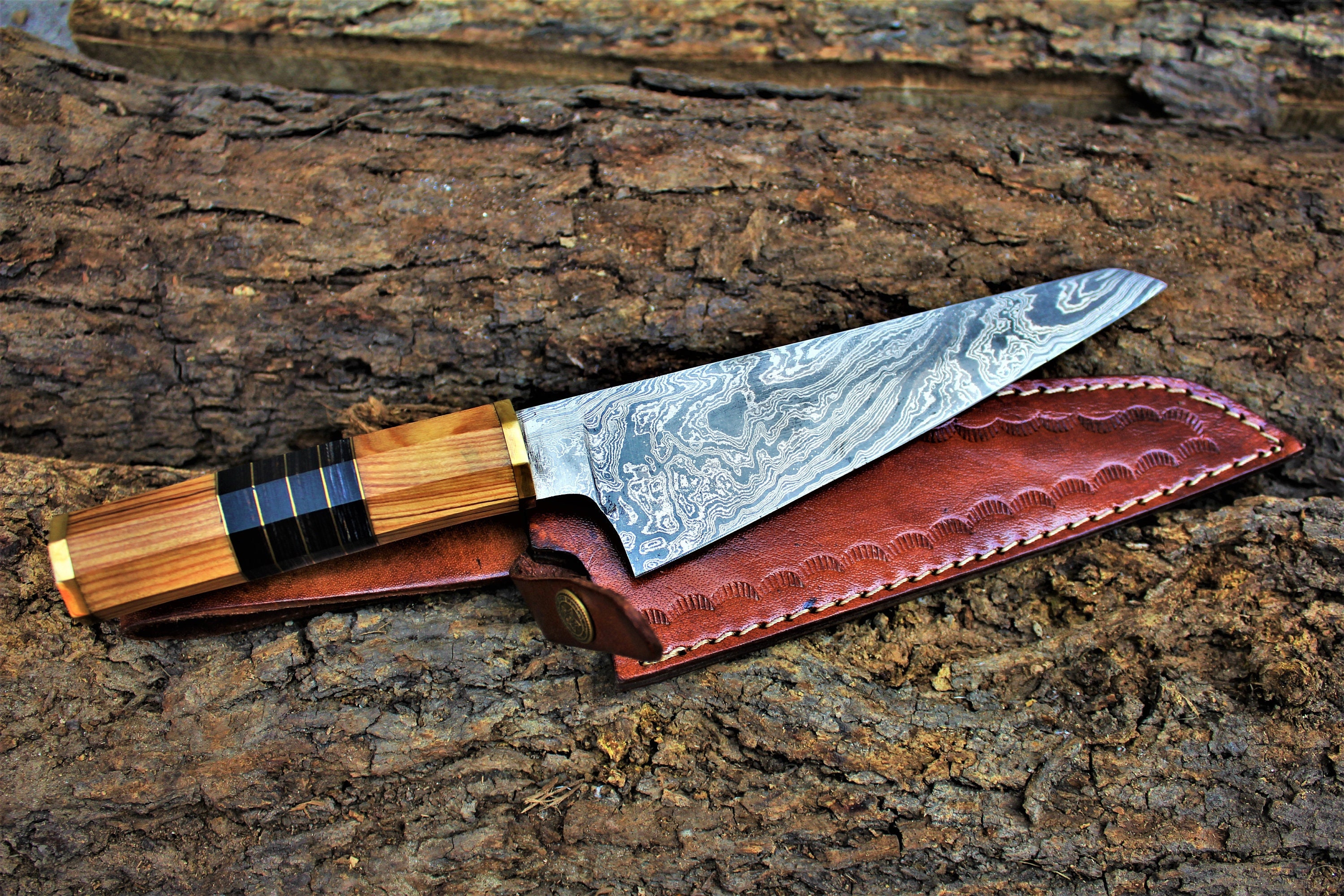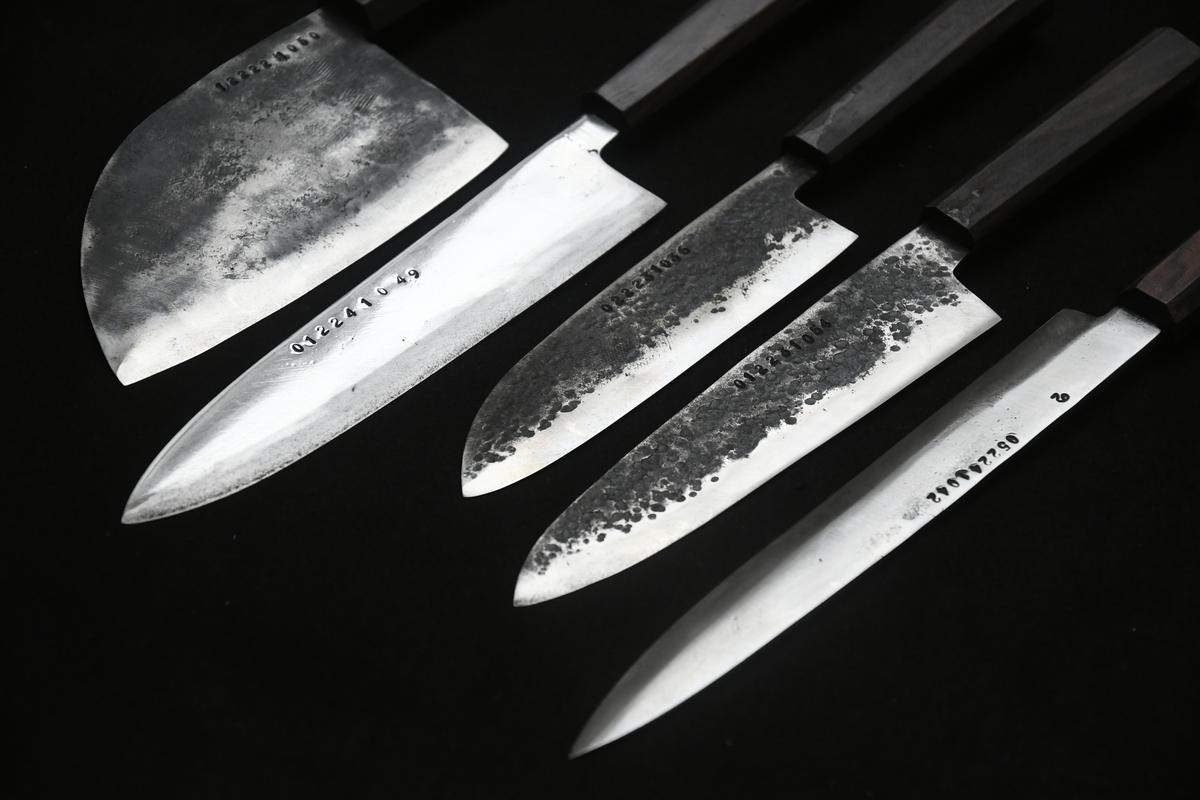A Beginner's Guide to Purchasing and Caring For a Japanese Knife
Introduction: Japanese knives are some of the sharpest and most durable
knives in the world. They're created using high-quality steel that is
made to withstand plenty of wear and tear. If you are in the market for a
new knife, then you should consider getting a Japanese knife. In this
guide, we will go over a number of the essential things that you need to
know about kitchen knife (couteau de cuisine).

Types of Japanese Knives
There are numerous several types of Japanese knives, and each one of these is made for a specific purpose. Here are some of the very common forms of Japanese knives:
Santoku Knife: A Santoku knife is just a versatile all-purpose knife that may be used for slicing, dicing, and mincing. Santoku knives typically have a knife length of 5-7 inches.
Gyuto Knife: A Gyuto knife is really a chef's knife that can be used for a number of tasks such as for instance chopping, slicing, and dicing. Gyuto knives routinely have a knife period of 8-10 inches.
Bunka Knife: A Bunka knife is just a versatile all-purpose knife that can be used for slicing, dicing, and mincing. Bunka knives normally have a knife period of 5-7 inches.
Sujihiki Knife: A Sujihiki knife is a slicing knife that is typically used for cutting meat and fish. Sujihiki knives typically have an edge amount of 9-12 inches.
Honesuki Knife: A Honesuki knife is really a poultry boning knife that's typically used for removing the bone from chicken or turkey. Honesuki knives typically have a blade amount of 3-5 inches.
Care and Maintenance Given that you realize about some of the various kinds of Japanese knives, let's discuss how exactly to care for them. Caring for your Japanese knife properly will ensure that it lasts for quite some time to come. Here are some tips on how to take care of your Japanese knife:
–Wash your knife manually with tepid to warm water and mild dish soap. Avoid putting your knife in the dishwasher as this could damage the blade.
–After washing your knife, dry it immediately with a clear towel to stop rusting.
–Never store yourknife without first wiping it down with a clear cloth. This can help prevent moisture build-up which can cause rusting.
–When not being used, store yourknife in a sheath or on a magnetic strip out of reach of children and pets.

Conclusion:
Japanese knives are some of the best knives you can buy thanks with their sharpness and durability. If you're in the market for a fresh knife, then definitely consider getting a Japanese knife. Remember to scrub it yourself, dry it soon after washing, and store it properly when not used, and your Japanese knife will last you for several years ahead!
Comments
Post a Comment